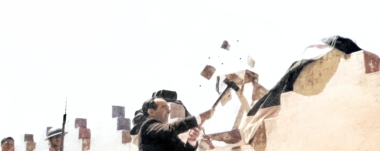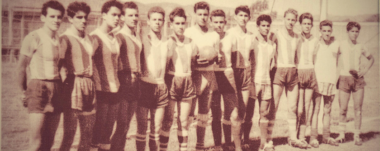Filibusters and their passage in Costa Rica
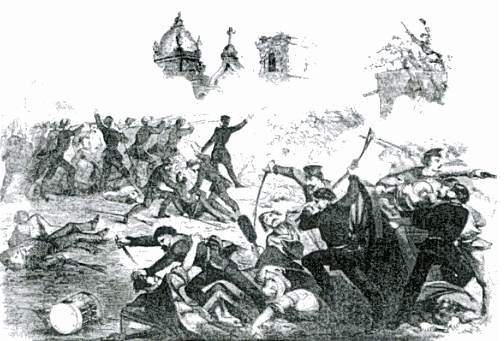
There is much talk about the filibusters during the month of April, but who were they, why did they come to the country?
The word filibuster is believed to come from the French filibustier and referred to the 17th century pirates who settled in the Antillean Sea.
However, the term filibuster began to be used in the second half of the 19th century to refer to men who started wars with private armies without the official authorization of a legitimate government. Among these men was William Walker.
Manifest Destiny
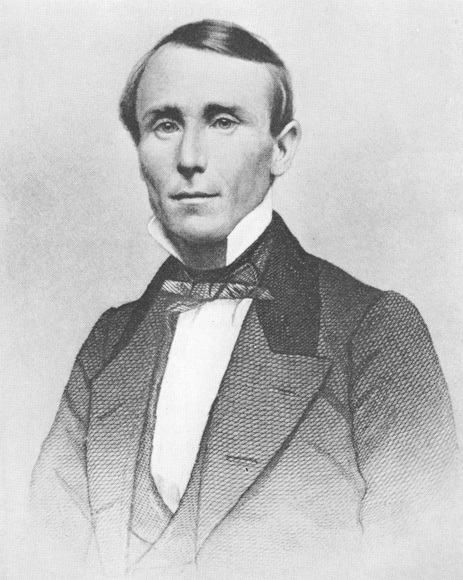
It all goes back to the Manifest Destiny.
What is this doctrine about? Basically, it was believed that the United States, after its independence, had a divine “mission” to spread the ideals of freedom and promote democracy in the rest of the world.
In addition, the doctrine was based on the expansionist purpose of the United States in relation to the Atlantic and Pacific territories. Under this mentality, the United States usurped the state of Texas from Mexican territory through the Treaty of Guadalupe Hidalgo.
Later, some figures such as Joseph C. Morehead and the Marquis Charles de Pindray tried to conquer and take over some areas of Mexico.
Here appears William Walker (U.S. mercenary), who tried to take over Sonora and Baja California. His intentions were unsuccessful.
Never satisfied, Walker decided to organize a new group of filibusters that arrived in Nicaragua in 1855. His motives? To take over the Nicaraguan nation and continue his conquest through Costa Rica.
Filibusters in Costa Rica
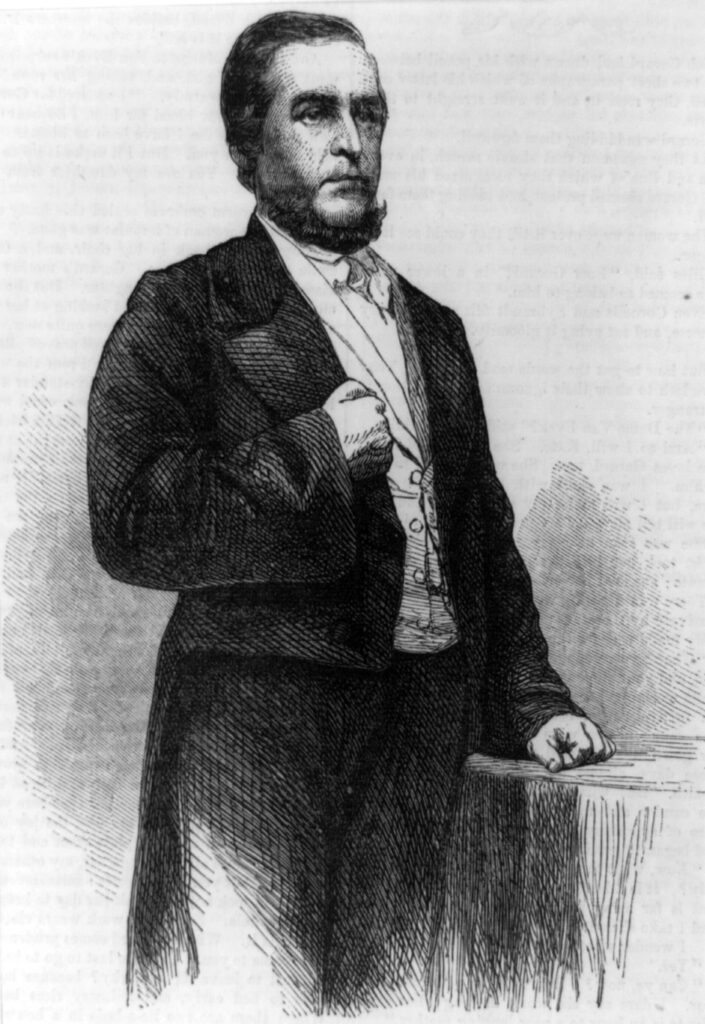
At that time, the Costa Rican government was led by President Juan Rafael Mora Porras and the army was commanded by his brother José J. Mora. Faced with the danger of the filibustering groups, both prepared to defend the national territory.
William Walker attempted to invade Costa Rican territory, but the Costa Rican troops defeated him in two of the country’s most important battles: the Battle of Santa Rosa (March 20, 1856) and the Battle of Rivas, Nicaragua (April 11, 1856).
Finally, William Walker called for elections that same year in Nicaragua. Through fraud, he was elected president in just one month.
Conclusion
Definitely, the Battle of Rivas and the whole month of April represent very important moments in the history of Costa Rica. Reviewing the background and soaking in the history, not only of the country but of the rest of the world, helps us to clarify doubts about our present.
The events that triggered the Battle of Rivas are a sample of how the northern nations have influenced the rest of the American continent and how their relations are to this day.
Sensorial Sunsets
Navigate articles



